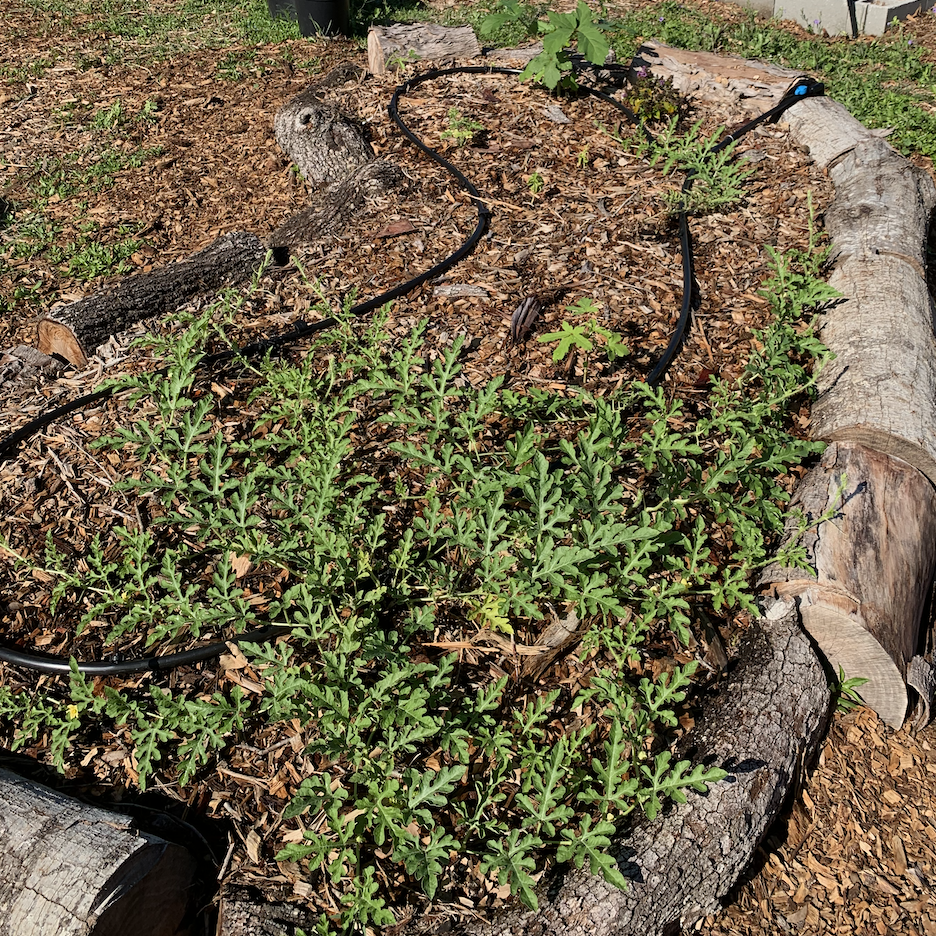Changemaker Catalyst Award recipient, Olivia Barfield, spent the summer of 2022 caring for a new community garden at the Salvation Army. Working alongside another CCA recipient, Olivia has been tending to the garden as well as helping to build a Garden Club program. This garden was created in partnership with the hardworking kitchen staff of the Salvation Army, who see immense value in putting fresh produce on residents’ plates. Olivia is a member of the Class of 2023 majoring in environmental biology.
Walking in, I had no idea how much of an impact Dr. Cheruiyot’s Urban Agroecology course would have on me. Before our class got acquainted with the garden we learned all about agroecology, which I knew absolutely nothing about. At its core, the goal of practicing agroecology is to increase sustainability and empower a community by putting them in control of their food source. We examined the biological, sociocultural, economic, and political factors surrounding food production and distribution. Once we understood the problem, our class got a chance to contribute to a solution. The wonderful kitchen staff at the Salvation Army contacted our professor asking for help to create a garden. They hoped to feed residents fresh fruits and vegetables rather than relying on inconsistent canned food donations.

The first time we went to the garden as a class, the ~12,000 sq ft lot put most of us in a daze. We were partly overwhelmed by how much space we had to fill, and partly overjoyed to see such a huge blank slate.
We definitely had our work cut out for us, and it was not as simple as we thought. We started by mulching. I shoveled more mulch than I ever thought I would in my entire life, and even now we still spread mulch about twice a week.

It was a long road to planting day. We searched the city for materials, wrote grants to pay for what we couldn’t find for free, built raised beds, and built relationships with curious community members looking to help out. Putting the plants in the beds was blissful. Despite the heat, dehydration, sunburn, and exhaustion, everyone was filled with pride and hope for the future of the garden.
At that point, if you had told me that we just did the easy part of the project, I wouldn’t have believed you. As spring semester came to a close, we discovered that the most complicated step – engaging the community – was yet to come. Knowing that the next stages of involvement would be so time consuming, the Changemaker Catalyst Award gave me the financial freedom to volunteer tons of my time at the garden.
My relationship with the garden has changed now. Before, it was a hustle to get all the physical labor done. Now, our primary focus is on our relationship with the Salvation Army staff and residents, and the surrounding community. We have regular work days that S.A. residents sign up for, and the staff gives rewards for their contributions to the garden. We’ve even made some friends who bring extra seedlings to plant! We still have more to do though. We have visions of a dedicated communal space with benches and tables, collaboration with the Salvation Army kids camp, and work days to include the neighborhood too.
This process is not a quick one. Though it is slow to build trust and engagement, I fully believe that the community this garden is creating will bloom into something more beautiful than I can imagine. Every person that has worked with us has left some sort of impact no matter how often they came. A huge part of agroecology is to integrate both traditional knowledge and farmers’ knowledge of plants, and the residents always have some sort of knowledge to transfer to us.
Knowledge isn’t the only thing transferred through this garden. Every time I visit I see a transfer of love, joy, empowerment, and even energy as the light of the sun becomes the fruit on the vine. This experience has value beyond measure, and my goal is to invite everyone I can into our magical little space and share all of the good that comes with it. The garden goes beyond my goals though, and after my time there I hope for even more prosperity and connectivity both for the garden and its caretakers. Progress never happens in a straight line, and I’m happy to be here for all the twists and turns yet to come.

